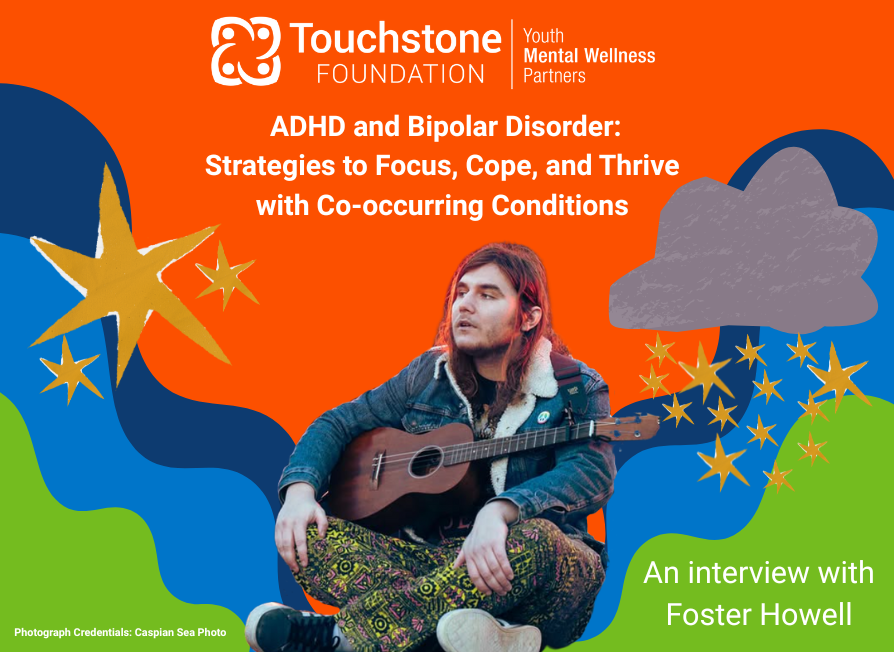
Keeping Kids Resilient
Helping them cope with upsetting things in life and the news
By Anna Kennedy, Executive Director
My daughter, Mia, will start kindergarten in a few weeks. As a parent, I want to protect her from bullies, the news, and disappointments. I know that when she sees a friend hurting, she will step up to confront the bullying behavior. She knows how to help her friends in need.
But when she hears sad news about people dying from gun violence, what will she do? When she practices a safety drill at school, what will she think? The American Academy of Pediatrics recommends that parents ask our children, “What have you heard in the news?” and then ask our kids what questions they might have.
This morning, on the way to her last week of summer camp, I asked Mia “What have you heard in the news?” She told me that she knows there are “some things happening, and it means that there are rules about what we can do at school”. I asked her if she had any questions, and she said no. I told her she can always ask me if she has questions, and she told me that she likes asking questions.
What I do
As a parent, my goal in these conversations is to convey a sense of security. She can tell me when she’s sad or worried about something. In our family, we play a game every day we call “Sad, Happy, and Silly.” We each share one thing that made us sad, happy, and silly that day, usually at dinner time. When Mia shares lots of sadness, I know she’s hurting, and she knows she can talk about it.
Some stress is healthy. It helps children build their resilience. Starting kindergarten, or moving to a new school can be stressful. Too much stress, like the chronic stress of hunger, homelessness, domestic abuse, or parental incarceration are adverse childhood experiences that can lead to shorter life expectancy and a host of physical, mental, and behavioral health challenges into adulthood.
What LOHF and the community are doing
In Trauma 101, we teach people across Lancaster County about toxic stress, trauma informed practices, adverse childhood experiences, and resilience. I’ve become a trainer so that LOHF and Penn/LGH can offer more of these free trainings.
At LOHF, we offer grants that elevate the mental well-being of youth and children in Lancaster County. Several of these current grants are supporting programs that help teens heal from traumatic experiences. These are: Helping Teens in Foster Care to Build Mentorships at CASA of Lancaster County, the Restorative Justice Dialogue Program at Advoz, and Family Services Advocate at Compass Mark.
It takes all of us
As parents, we can start conversations with our kids at a young age to build their resilience, help them thrive when they encounter challenging situations, and support them as they try to understand sadness in the world. As adults in our community, we can help youth and children heal when they are hurting.
At LOHF, we elevate the mental well-being of youth and children in Lancaster County by lifting up our local organizations and healthcare providers who do this work every day, because it takes all of us.




